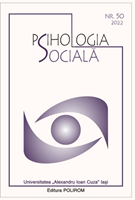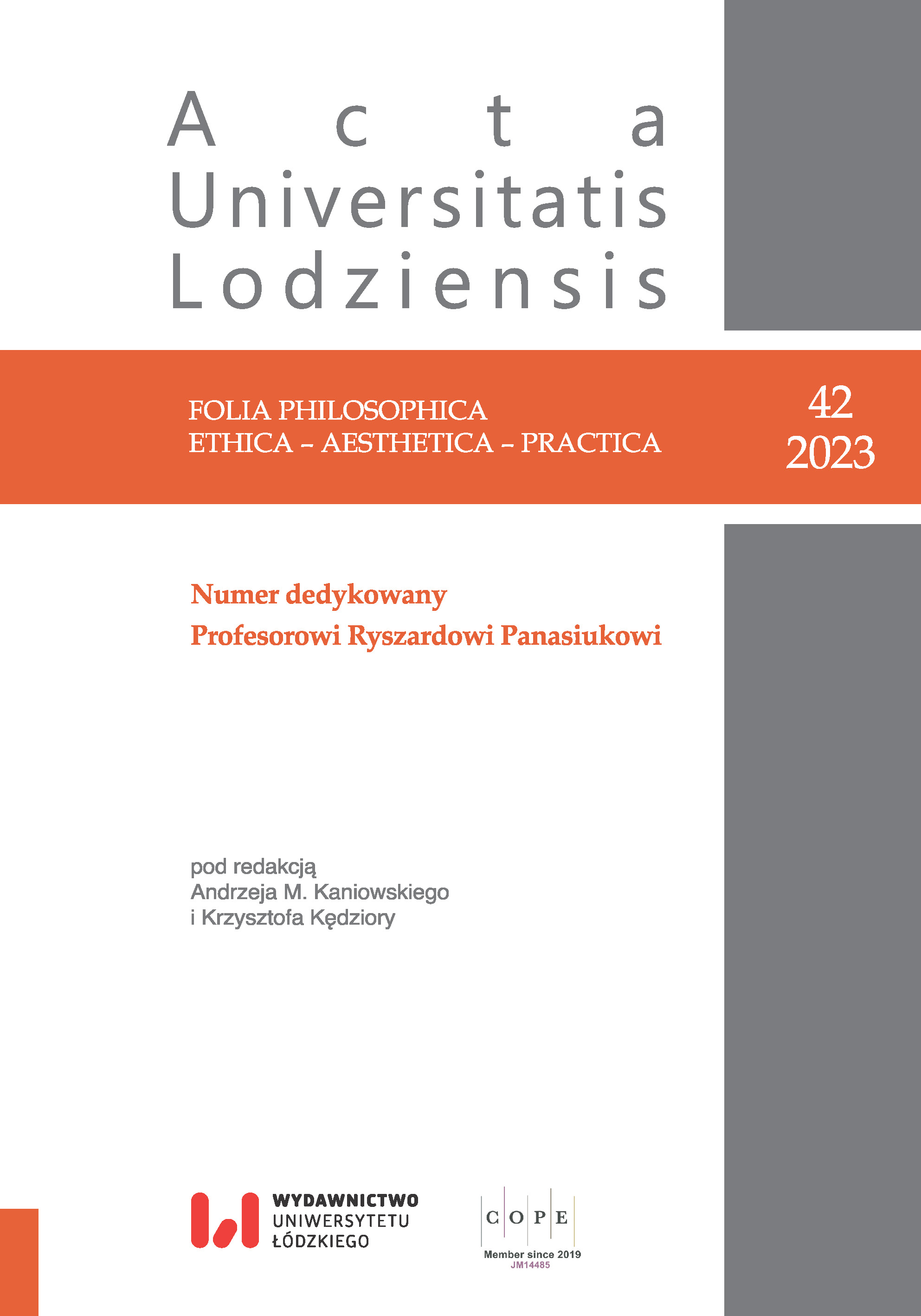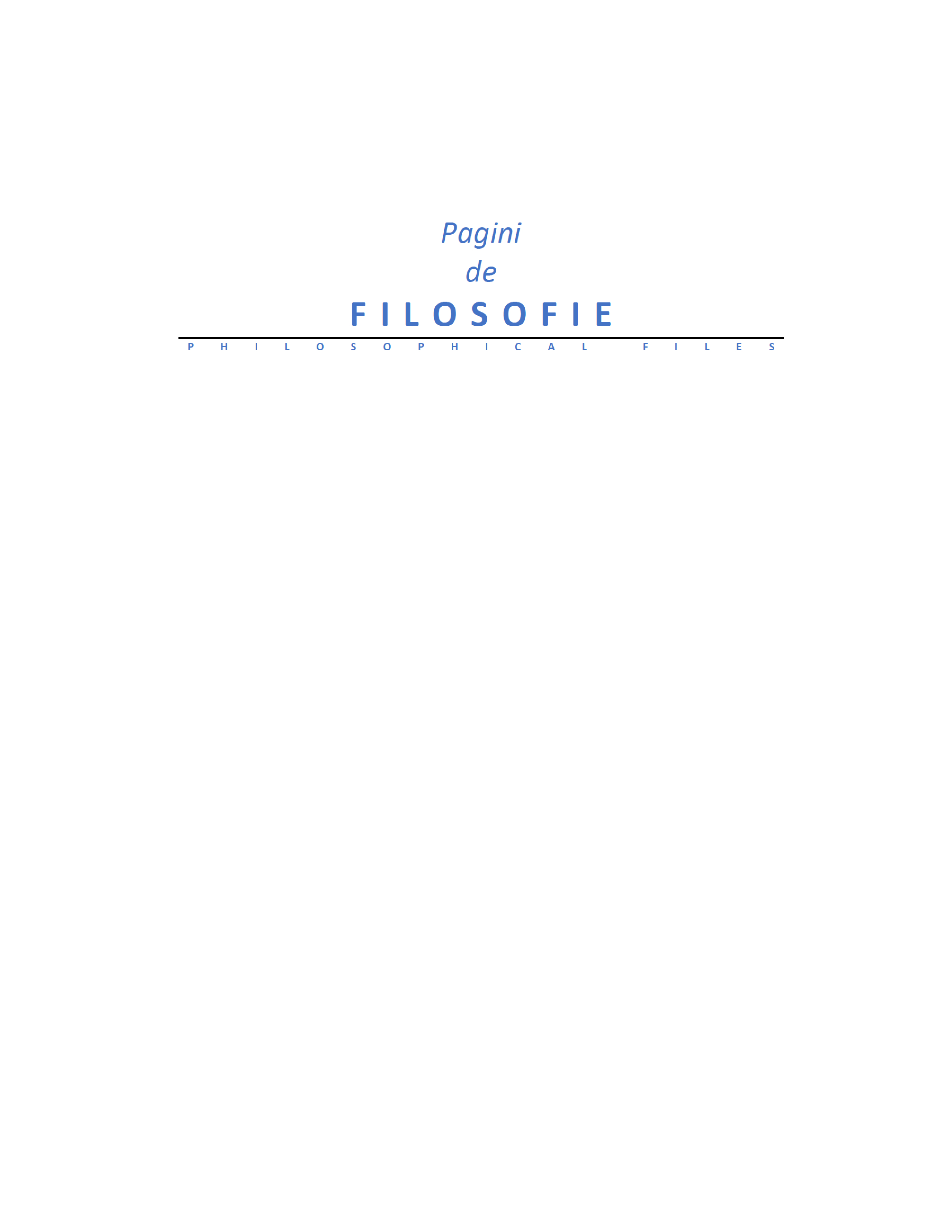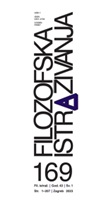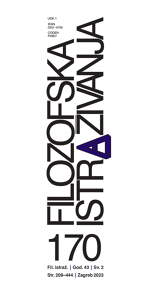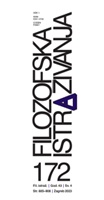Author(s): Andrei Dorobanțu / Language(s): Romanian,Moldavian
Issue: 1/2024
Reproducem mai jos textul unei conferințe a filosofului Constantin Noica, susținută la Institutul de Fizică Atomică din Măgurele, Ilfov, în anul 1984. Înainte de conferință, am reluat alte două texte, datorate domnului Andrei Dorobanțu, relatând împrejurările în care Constantin Noica a intrat în legătură cu fizicienii Institutului. Ele au fost publicate, inițial, în: Academica, an I, nr. 2, [noiembrie] 1990, p. 13, respectiv în Modelul cultural Noica, vol. III, București, Fundația Națională pentru Știință și Artă, 2014, culegere alcătuită de Marin Diaconu, p. 34-39. Andrei Dorobanțu (n. 20 octombrie 1944, Drăgășani) este fizician, cercetător la Institutul de Fizică Atomică din anul 1969. Prietenia dintre el și Constantin Noica a debutat în a doua jumătate a anilor ’60 ai veacului trecut, la inițiativa filosofului, care, după ieșirea din închisoare, era curios să se informeze, de la un spirit mai tânăr, în legătură noile descoperiri tehnico-științifice. Contactul lor a rămas apoi neîntrerupt, până la săvârșirea din viață a lui Constantin Noica, în 1987; în acest răstimp, filosoful a avut cele trei întâlniri cu fizicienii, evocate de domnul Andrei Dorobanțu, el însuși participând la aceste conferințe. Mulțumindu-i și pe această cale domnului Andrei Dorobanțu pentru permisiunea de a reproduce textul conferinței lui Constantin Noica, laolaltă cu cele două prezentări introductive, înfățișăm pentru prima oară toate textele în cadrul aceluiași grupaj, în revista noastră
More...
